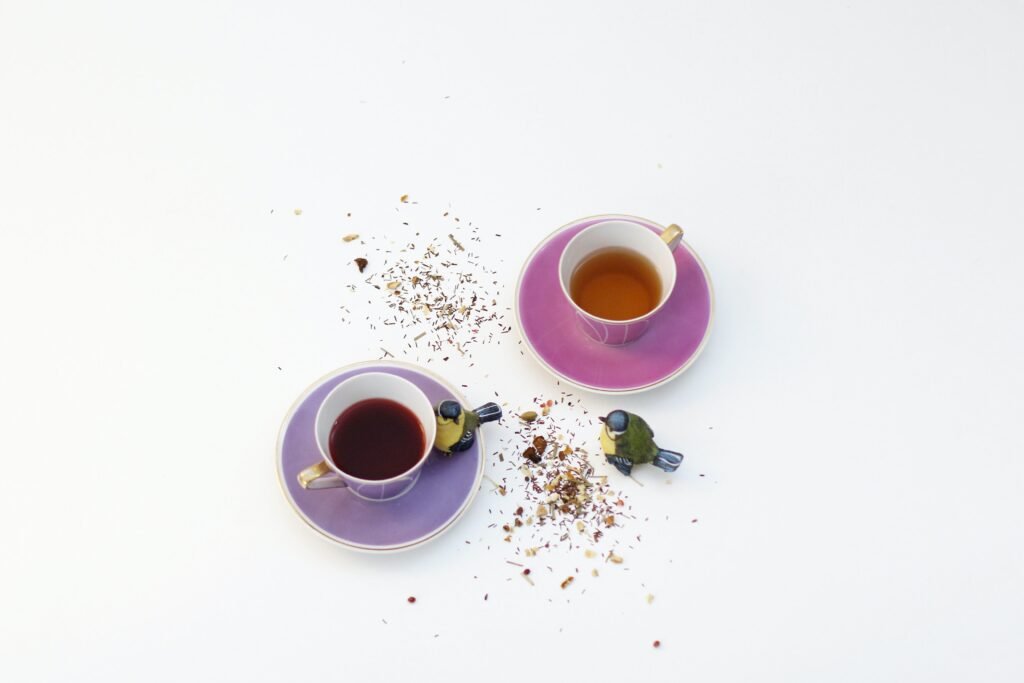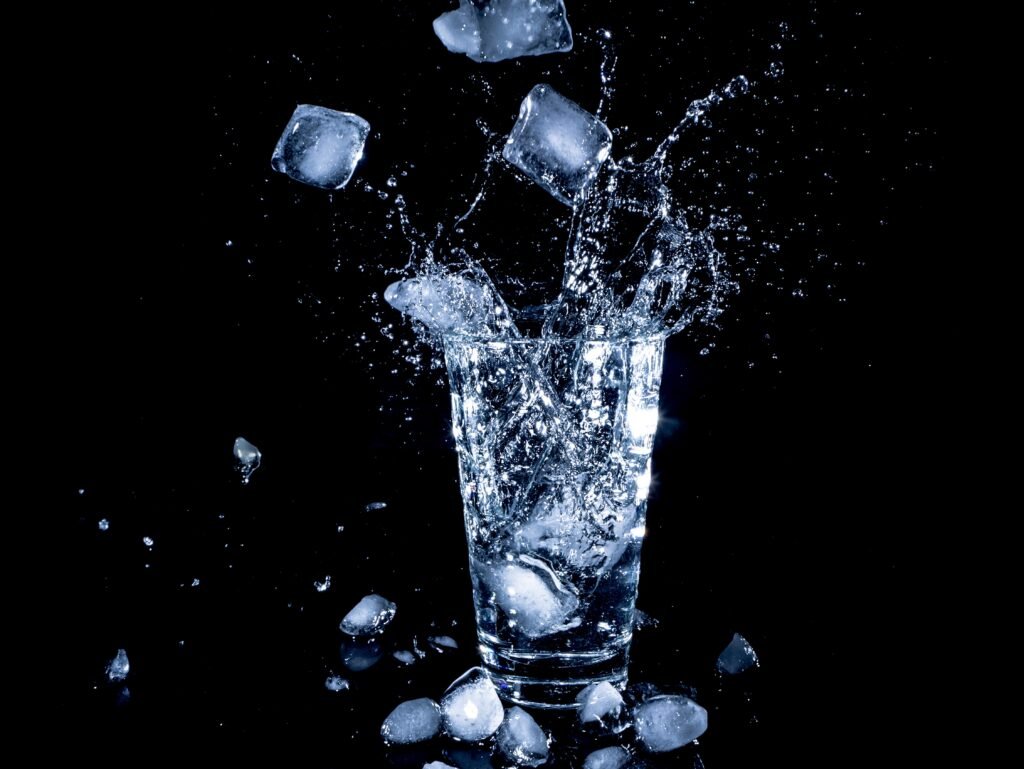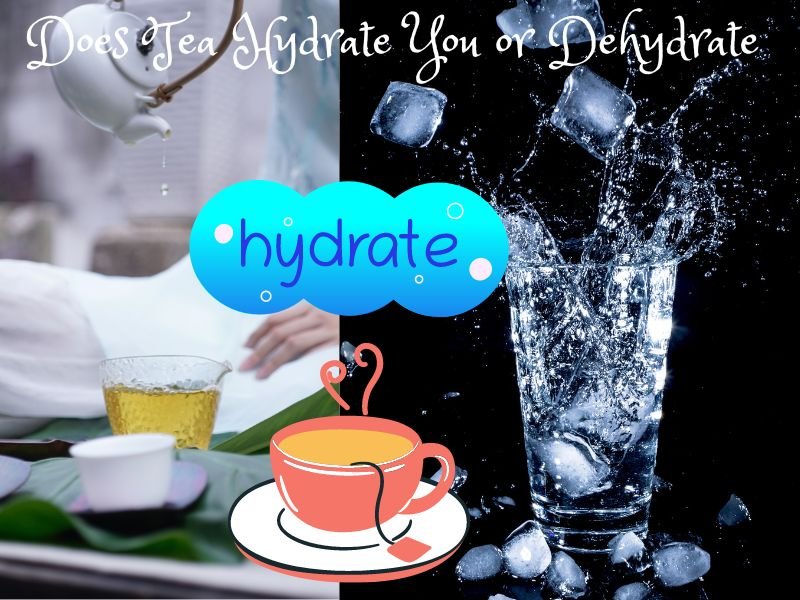Every day, 1.6 billion cups of coffee and around twice as many cups of tea are consumed worldwide. They appreciate the flavor and the awaking effects of the caffeine. You probably don’t reach for a steaming cup of coffee or tea when you’re thirsty. The drying effects of beverages like coffee and tea are frequently stressed. Contrary to what you may have heard, experts say that coffee and caffeinated tea do not cause dehydration.

It is true that caffeine has a slight diuretic effect, causing your kidneys to excrete more water and sodium through urine. It makes sense to assume that if you’re losing a lot of water through regular urination, you might become dehydrated, but that’s not how it actually works. When you have a cup of coffee or a glass of iced tea, you must also consume a certain amount of liquid in addition to the caffeine. Even though caffeine is a mild diuretic, consuming a caffeinated beverage won’t cause you to urinate more than you take in. Your body can take in only the amount of fluid it requires and excrete the remainder.
Which Drink Is More Hydrating: Tea or Coffee?
Due to its naturally lower caffeine content than regular coffee, tea wins this comparison over caffeinated coffee. Both decaffeinated coffee and tea are regarded as similarly hydrating and practically entirely devoid of caffeine.
How Hydrating Are Different Teas?
When filling your cup, there are so many different kinds of tea to pick from. The amount of caffeine in each type varies, and the less hydrating the tea, the more caffeine there is. The quantity of caffeine in your cup will vary depending on how long it steeps. Therefore, the amount of caffeine in your cup will increase the longer you let your tea steep. The main types of tea you’re likely to discover in your neighborhood coffee shop are listed here, along with an estimate of how hydrating they will be.

Black Tea: The Mayo Clinic estimates that an 8 oz cup of black tea has roughly 47 mg of caffeine. It is therefore less hydrating than a cup of green, herbal, or decaffeinated tea but more hydrating than a cup of caffeinated coffee (96 mg).
Green Tea: With only 28 mg of caffeine per 8 oz., green tea naturally has half as much caffeine per cup as black tea. Consequently, it would be slightly less hydrating than black tea, herbal tea, decaf tea, and water.
White Tea: Previous studies have shown that an 8 oz cup of white tea contains between 32 and 37 mg of caffeine. That places its capacity for hydration midway between that of black and green tea.
Herbal Tea: Technically, tea is prepared from leaves, but herbal teas are created from dried flowers, leaves, seeds, or roots of other plants. According to USDA data, this means that they are naturally caffeine-free and can be used to replace water cup for cup when it comes to hydration.
Decaffeinated Tea: Tea that has been decaffeinated is still brewed from tea leaves, but the caffeine has been taken out. According to the Mayo Clinic, the final product has only 2 mg of caffeine per 8 oz cup, making it almost entirely caffeine-free. Decaf tea can therefore be counted in the same way as water.
Ginseng Tea: Ginseng tea is a herbal tea without caffeine. Ginseng tea can therefore be tallied similarly to water.
Does Tea Help You Stay Hydrated?
Although it’s not quite as effective as just drinking water, caffeinated tea is still a fantastic option. Tea can help you switch up the flavors and prevent boredom from setting in if you drink only water all day long. Without affecting the nutritional advantages of tea, you can also add natural flavors like a squeeze of lemon or lime juice, fruit, or spices like cinnamon and nutmeg. Furthermore, it is impossible to disregard tea’s potential health advantages. Tea is a terrific beverage to add to your repertoire, whether hot or cold.
Why does tea make my mouth feel dry?
Since some people have a dry mouth after drinking caffeinated beverages, dehydration is frequently linked to them. Astringency is the feeling, and when it’s severe, your mouth may literally feel puckered. Tannins, which are chemical substances present in tea, coffee, some fruits, and even dark chocolate, are to blame for this. The tannins in wine and strong tea can make your mouth and throat extremely dry. These foods include tannins that bind to our saliva when we eat or drink them, giving us an astringent, drying sensation. Since these drinks are primarily water, this does not result in dehydration. Adding skim milk to your coffee or tea can reduce both astringency and bitterness.



Comments are closed.